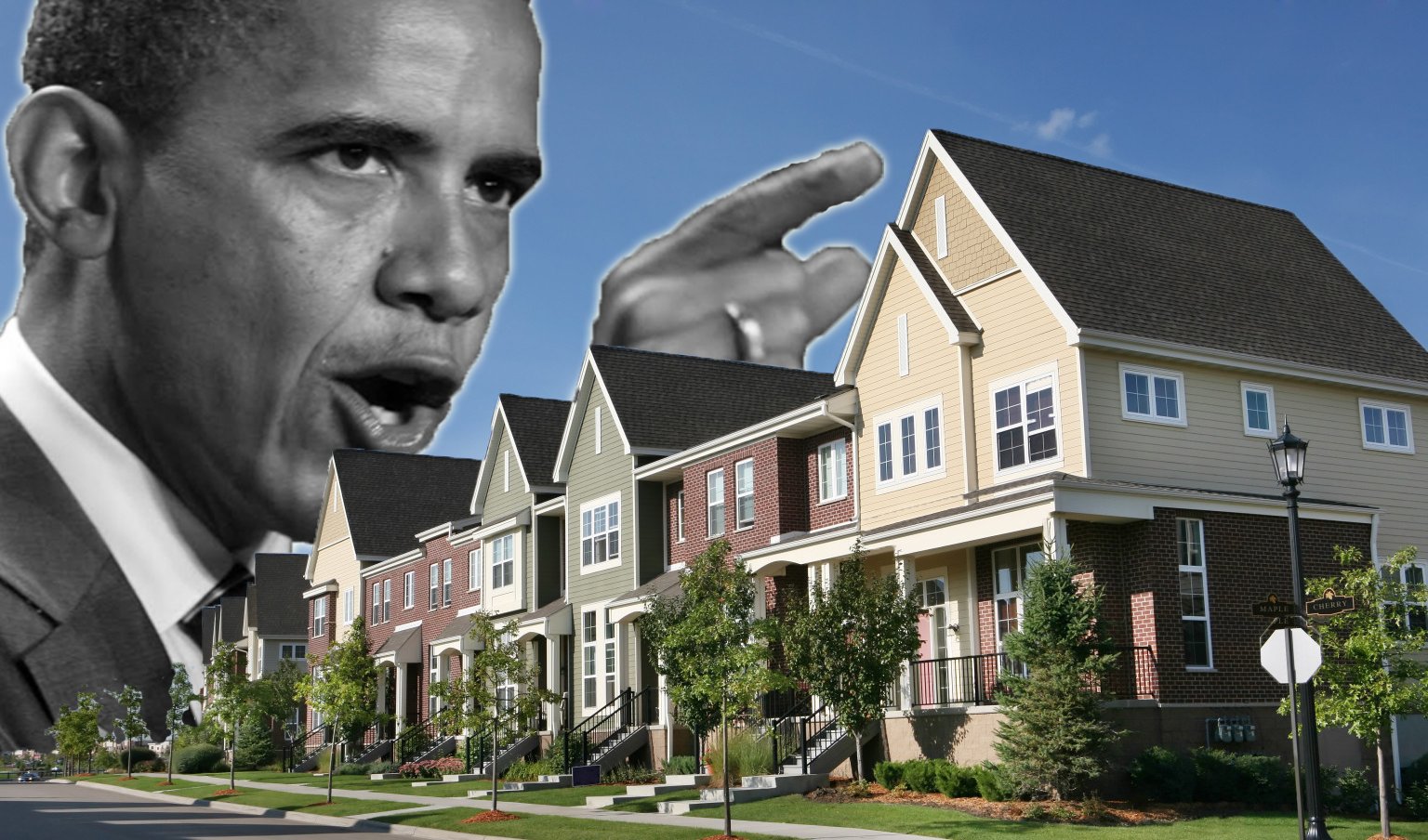The Obama administration is rapidly coming to an end, but that hasn’t stopped the White House incumbents from making one last push for states and municipalities to cut out some of the red tape that’s preventing the development of more affordable housing.

"The accumulation of state and local barriers to housing development – including zoning, other land use regulations, and unnecessarily lengthy development approval processes – has reduced the ability of many housing markets to respond to growing demand," said a White House spokesperson in a statement, as it released a new Housing Development Toolkit. "The increasing severity of under-supplied housing markets is jeopardizing housing affordability for working families, exacerbating income inequality by reducing workers’ access to higher-wage labor markets, and stifling GDP growth by driving labor migration away from the most productive regions."
With the toolkit, the White House is urging local governments to boost construction in their environs in a variety of ways, including taxing of vacant land, or just donating vacant land to nonprofit developers. Other ideas include reducing permit waiting times, enacting high-density and multifamily zoning, establishing density bonuses, and establishing development tax or value capture incentives, and finally, via use of property tax abatements.
The White House explains in its toolkit that a healthy housing market is vital for the country’s economy. It notes that businesses rely on “responsive housing markets” to fuel growth and employee recruitment, while construction workers, contractors and real estate agents need a stable housing market to further their careers. And of course, it points out that quality, affordable housing is a must-have for every family in the nation, determining which kinds of jobs they can access, the schools their children can attend, and how much family time they have after commuting to and from work.
As fewer families have been able to find affordable housing in the regions with the best jobs for them, labor mobility has slowed, exacerbating income inequality and stifling our national economic growth,” the White House stated in its toolkit. “But this hasn’t happened everywhere. In more and more regions across the country, local and neighborhood leaders have said yes, in our backyard, we need to break down the rules that stand in the way of building new housing – because we want new development to replace vacant lots and rundown zombie properties, we want our children to be able to afford their first home, we want hardworking families to be able to take the next job on their ladder of opportunity, and we want our community to be part of the solution in reducing income inequality and growing the economy nationwide."